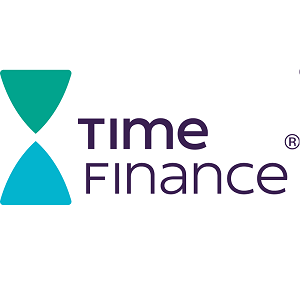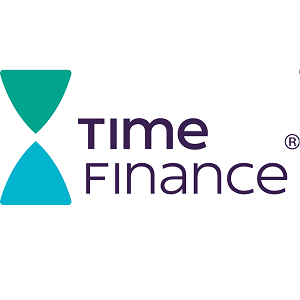Understanding how to raise capital is crucial for any business. Without sufficient funding, a company cannot grow or even get started on its journey towards success. However, many businesses struggle to identify the best ways to raise capital, particularly beyond traditional secured loans.
There are two main types of capital raising: debt financing and equity financing. Debt financing involves borrowing money and agreeing to repay it with interest at a later date. This is commonly done through business loans, where a fixed sum is borrowed and repaid over time. The interest rates on these loans vary depending on the type and term length. Another form of debt financing is asset-based lending, which leverages existing assets such as inventory or property to secure funding. Factoring, or invoice discounting, is another approach where businesses can access funds based on unpaid invoices, helping maintain cash flow without being hindered by delayed payments. Government loans and grants also play a role, especially for startups that may benefit from the additional support offered.
Equity financing, on the other hand, involves selling shares in a business. Crowdfunding has emerged as a popular method of equity financing, particularly for startups, allowing businesses to raise funds from a large number of investors online. Angel investors provide another source of funding, particularly for early-stage companies, often contributing substantial amounts in exchange for equity. Venture capitalists and private equity firms also offer significant investment opportunities. While venture capitalists often focus on new businesses that have the potential to go public, private equity firms tend to invest in more established companies.
Apart from these traditional methods, there are several alternative ways to raise capital. One of these is bootstrapping, where business owners use their own funds rather than relying on external financing. Although this can carry personal risk, it demonstrates confidence in the business, which may attract future investors. Personal contacts, such as friends and family, are another option, although relying on them can create added pressure. Trade credit, where businesses offer credit to one another, is another means of raising short-term capital. Revenue-based financing also allows businesses to secure funding in exchange for a percentage of future sales.
Several factors should be considered when deciding on the best method of raising capital. The stage of the business is one such factor, with early-stage companies often turning to crowdfunding or personal contacts, while more established companies may opt for loans or equity financing. The risk profile of the business also plays a role in determining which funding options are available. Additionally, businesses need to consider investor expectations for returns and the impact of capital raising on their control over the company.
For startups, the main funding sources typically include angel investors, venture capitalists, and personal contacts. Small businesses often rely on investor funding, loans, and asset-based financing to overcome financial challenges and pursue growth opportunities.
Raising capital is an essential part of running a business, whether you are just starting out or are looking to expand. Various options are available, each with its own advantages and challenges. At Time Finance, a range of debt financing solutions is available to help businesses raise the capital they need to grow and succeed.
Choosing the right method of raising capital depends on the specific needs and circumstances of the business, but understanding the options can make a significant difference in achieving success.
Time Finance plc (LON:TIME) is an AIM-listed business specialising in the provision or arrangement of funding solutions to UK businesses seeking to access the finance they need to realise their growth plans. Time Finance can fund businesses or arrange funding with their trusted partners through Asset Finance, Invoice Finance, Business Loans, Vehicle Finance or Asset Based Lending.


